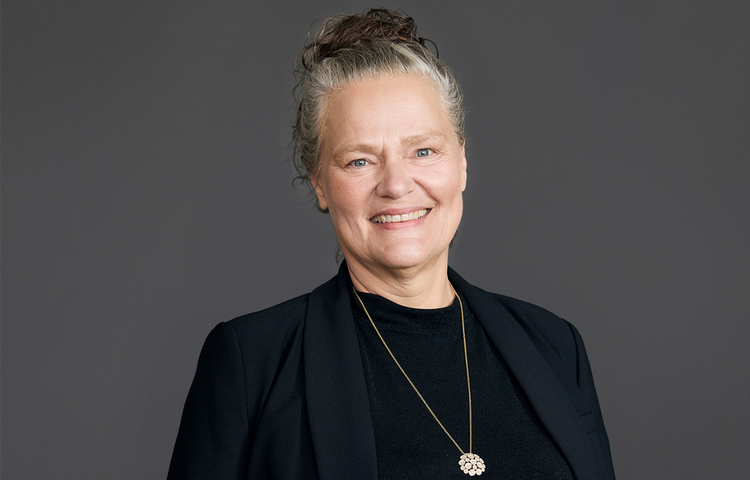HSBC provided US$54bn of sustainable finance in the first half of 2025
The bank aims to provide between US$750 billion and US$1 trillion of sustainable finance by 2030.

Despite a recent retreat from certain climate initiatives, HSBC says it provided and facilitated a total of US$54.1 billion of sustainable finance and investments in the first half of 2025.
The bank has an ambition to provide between US$750 billion and US$1 trillion of sustainable finance by 2030. The amount provided since 2020 stands at US$447.7 billion.







